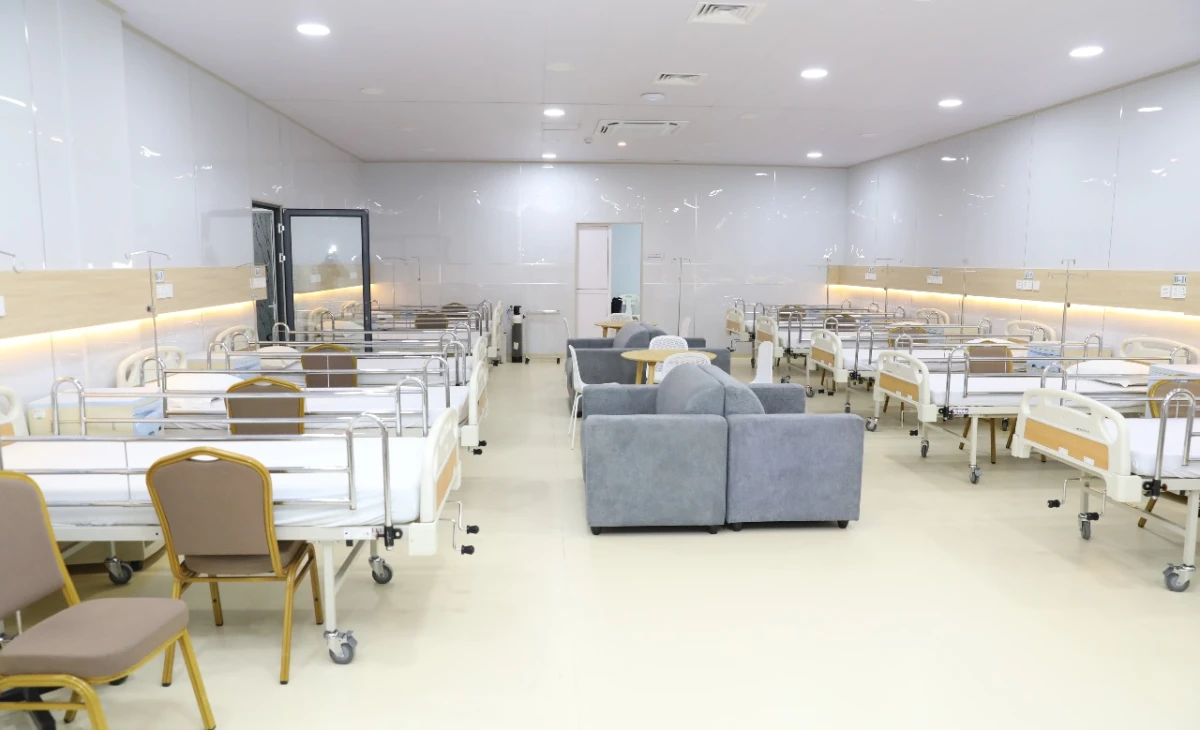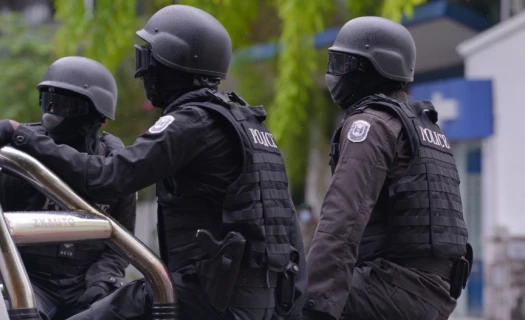Fri, 06 Feb 2026
|DHIVEHI
A decade-long roadmap and urgent reforms prioritise thalassaemia patients
17 Sep 2025
|

Maldivian Blood Services and the Thalassaemia and Other Haemoglobinopathies Centre at Orange Hiya --- Photo: Maldives National Defence Force (MNDF)
The Maldives continues to face one of the highest beta thalassaemia carrier rates in the world, with statistics from Maldivian Blood Services (MBS) recording 944 registered cases in 2023. This significant public health challenge requires the concerted support of all stakeholders, particularly the Government.
It was evident that the issue was prioritised by President Dr Mohamed Muizzu’s Administration, as less than a month after assuming office, he approved his Cabinet’s recommendation to provide free bone marrow transplants and expand medical services for thalassaemia patients. In the first year of the scheme, 14 patients benefited from it.
Within the first year of the Administration, a ten-year Thalassaemia Master Plan was also launched, earning praise from both national and international health agencies. The plan sets out a comprehensive framework to strengthen thalassaemia care, including the establishment of robust policies and governance mechanisms, enhanced early detection and prevention measures, and a range of strategies designed to improve long-term patient outcomes.
In March 2025, following protests from patients and families over inadequate services at the existing Thalassaemia Centre, President Dr Muizzu personally visited the facility to hear concerns and committed to urgent action. On 27 March, he announced that the Orange Hiya building would be renovated to relocate the National Thalassaemia Centre, with the commitment to complete the project within a month to coincide with World Thalassaemia Day.
Further institutional reforms were also undertaken, including the transfer of both the Thalassaemia Centre and MBS under the administration of Malé City Group of Hospitals (MCGH). As MCGH operates the largest hospital network in the country, this restructuring was designed to deliver more streamlined services, ensure better access to resources, and improve coordination across the healthcare system.
In meetings with the thalassaemia community, the President reaffirmed that his Government would continue to prioritise the needs of patients, highlighting his Administration’s commitment to providing accessible, comprehensive, and sustainable care for those affected by the condition.
With these reforms, the Government has demonstrated not only its determination to confront one of the country’s most pressing health challenges, but also its confidence that thalassaemia care in the Maldives is entering a new era of hope, dignity, and improved quality of life for all patients.








